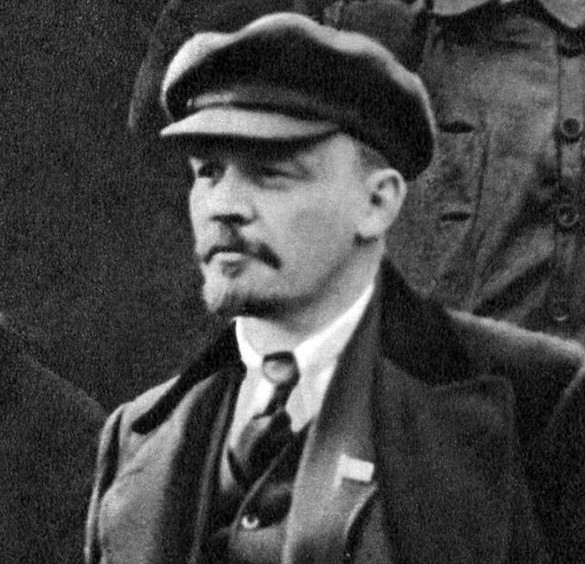This seems to grow out of a misconception of how the state usually acted in the history of the Marxist-Leninist states. They seem to believe that the state “oppresses” the rich in an abstract manner, typical of anarchist thinking, whether they are aware of their idealism or not. They do not express how the state acted, and therefore could possibly act, in the material world, how this oppression is realized, as in made real.
What happens is that in the Marxist-Leninist states, this institution always acted on behalf of the workers, while in capitalist nations, it is on behalf of the bourgeiosie that the reactionary state acts. This means class struggle happens on both capitalism and the initial stages of socialism, as they arise from the same contradiction, only during development of socialism in Marxist-Leninist states that these contradictions are free to be resolved in their roots.
The Soviet states acted on behalf of the workers in the cases of natural and sporadic class struggle. You know, the many labour protests you see each year on capitalism too. And eventually these contradictions would carefully be resolved by conscious practice. It’s currently the case of China, Vietnam, Laos, People’s Korea and Cuba.
But it doesn’t mean they are perfect. Vietnam recently had a case of people selling washed used condoms, for instance. For this to happen, means the economic base of Vietnam, a socialist (as in driving towards socialism) nation, is still a market-oriented mode of production. But the state, managed by workers, has absolute freedom in resolving these contradictions, like outright stopping the production of certain industries which harms the people.
In capitalist countries, industrial foods with horrible nutrition value are easily sold in the “free markets”. Here the state apparatus is a bourgeois instrument of domination. Producers of wealth, workers, are dominated through a wage-slavery system, while in a socialist and communist mode of production, the workers decide what gets produced, how to manage society’s resources.
For that to be changed, the workers must be made aware of class society and actively fight against it.
And that not even means to kill individual bourgeois for revenge. For instance, in Chinese revolution, Zhou Enlai was the Premier of the People’s Republic of China at the time, and he was from a bourgeois background, was also not killed in a revolution. Why? Because he understood and accepted the terms of the dictatorship of the proletariat. He learned and understood the dialectical method and realized the proletariat as the driving force of humanity.
We were all anarchists once. Once we actually study, we change our minds.
I thought it was interesting how some of them seem to think the idea is to just throw all of the bourgeoisie into gulags just to get back at them. It's like, are they actually that ignorant? Are they just spreading lies?
The most upvoted answer begins with:
I personally don't think anarchists can really plan that far ahead. Anarchism is more a process than a end goal.
That's literally your problem, anarchists...


